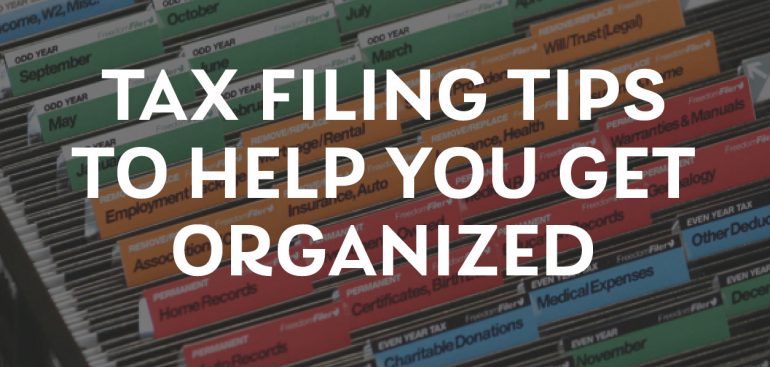If you have filed your tax return and you need to pay an amount on your tax bill that you can’t afford, there is help. This guide will introduce you to the options that may be available to you and help you to choose which option is best for your case.

3 Options to Help You Take Care of Your Tax Bill
1. Extension of Payment
If you find yourself in the temporary position of not being able to pay your tax bill, you may qualify for a short-term payment plan (or extension of payment). If you can make the payment within 120 days of filing your return, this will be a better option than an installment plan because although you will be liable for interest (and some penalties) it may still work out less expensive than paying in installments. Find out if you qualify here (https://www.irs.gov/payments/ online-payment-agreement-application).
2. Paying in Installments
This is a viable (although more expensive option) for paying your tax bill if you can’t settle the entire amount at once. You may be eligible for an installment agreement for a variety of reasons, and this option will have you paying off your tax bill over a time period of up to six years. If you are granted this option it is important to ensure that your installments are paid timeously to avoid defaulting on the agreement. You can apply online for an installment agreement here (https://www.irs.gov/payments/ online-payment-agreement-application).
3. Offer in Compromise
If you can’t pay your full tax bill or if paying the full amount can cause you to fall into financial hardship, you may be eligible to negotiate an offer in compromise. Various aspects of your unique case will be considered before your application for this option is approved including your income and expenses, your ability to settle your bill, and your asset equity.
This option should be regarded as a last resort. It will not be granted without a thorough assessment. You may also request an appeal (https://www.irs.gov/ pub/irs-pdf/f13711.pdf) if your offer is not approved. Find out if you qualify here (https://www.irs.gov/ payments/offer-in-compromise).
It is important to note that these options will not be available to everyone and that these payment options won’t allow you to skip out on your tax bill. Any late submissions, late payments or failure to file your taxes will result in penalties and interest on your tax bill which you should avoid at all costs. For tax assistance and more information on the best payment option for your specific tax bill contact Georgen Scarborough Associates, P.A.



